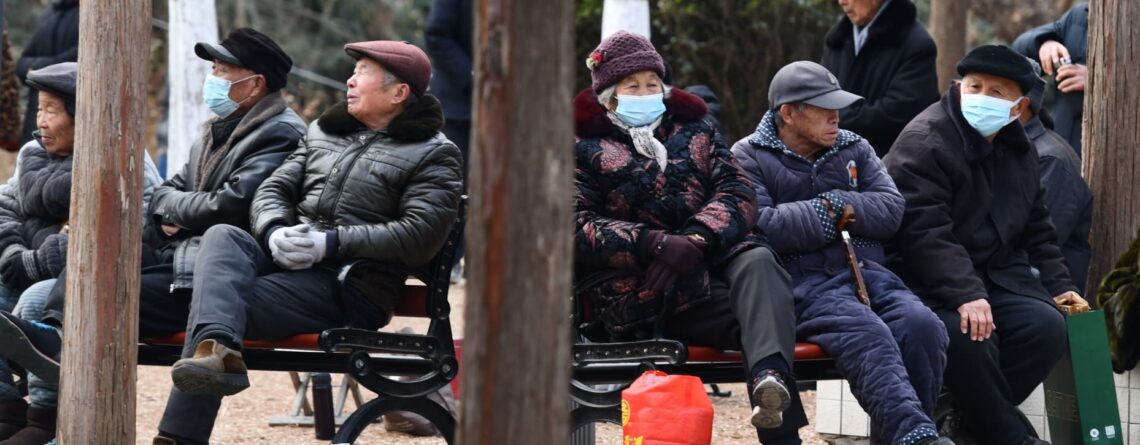Why China’s decision to extend the retirement age will not address fairness and sustainability issues
For many working Chinese, particularly those born in the 1980s and 1990s, Beijing’s decision to raise the retirement age by three years brings a sense of loss and betrayal. It means they have to work longer and pay more to get less from a major social contract.
An internet meme that went viral reflected Chinese millennials’ frustration over the government’s flip-flop in birth and pension policies: “When I was born they said there were too many; when I gave birth they said there were too few; when I wanted to work they said I was too old; and when I want to retire they say I’m too young.”
While increasing the retirement age is a global trend amid ageing populations and falling birth rates – and is always an unpopular move that triggers protests and unrest – the pain inflicted on China’s generation Y is particularly acute because of the country’s problematic policy design. A higher retirement age cannot address inherent unfairness and unsustainability in the country’s social welfare system.
One common complaint about China’s social welfare is that it is fragmented and unbalanced. The government started asking urban corporate employers and employees to contribute to a state pension system as far back as the early 1990s, but public sector employees were exempt from making pension payments until 2014.
Over the last three decades, pensions for retired public sector employees have been significantly higher than those who retired from the corporate sector. A 70-year-old retiree from the corporate sector would probably receive a monthly pension equivalent to US$400, about half that of a public sector retiree. For the urban unemployed and elders in China’s vast countryside, which represent over half of the country’s pensioners, the typical monthly pension is equivalent to US$30, according to rough calculations based upon government data.
China’s middle-aged working class have to pay over a quarter of their wages, including 20 per cent contributed by their employees to a pension fund pool, and 8 per cent by employees to a nominal personal account. The money is not saved, rather it is used immediately to finance the country’s pension payments. Unlike 401(k) pension plans in the US or the Mandatory Provident Fund Scheme in Hong Kong, the pension system in China has become a de facto tax on the young working class in the corporate sector to subside the public sector and old generation.
The system could work if there were enough future workers to pay into the system, so that current workers could retire comfortably on future generations’ payments. But unfortunately, China’s infamous one-child policy that lasted for more than three decades has depleted the country’s future supply of workers.
China’s annual births fell to 9 million in 2023 and the number is likely to drop further. Even with the extended three-year period before taking retirement, and an additional five years of mandatory payments, China’s pension system is still unsustainable in the face of a man-made demographic trap. China’s new retirement age, which will be increased gradually to 63 for males and 53 for females, and to 58 for female “cadres”, remains below other major economies such as Australia and the UK, and as China’s society ages and the working population shrinks, the pension system will run out of money.
There are different approaches to solve the problem. Chinese authorities could build up mechanisms that can add money to the pension system. For instance, as early as 2017, the Chinese government started a trial to inject state assets, such as stakes in business entities, into state pension funds. However, the programme made little progress as local governments had little incentive to give up control of profit-generating assets. Another approach would be to make pension payments fairer by cutting required payments for public sector employees.
China’s retirement age controversy is a fresh reminder of the deep-rooted problems inherent in the country’s national income distribution system. While Beijing has been repeating its goals of “common prosperity”, “internal circulation” and consumption-driven growth, its decision on the retirement age is another example of how there is a lack of support from citizens to achieve such goals.
Read more @scmp











